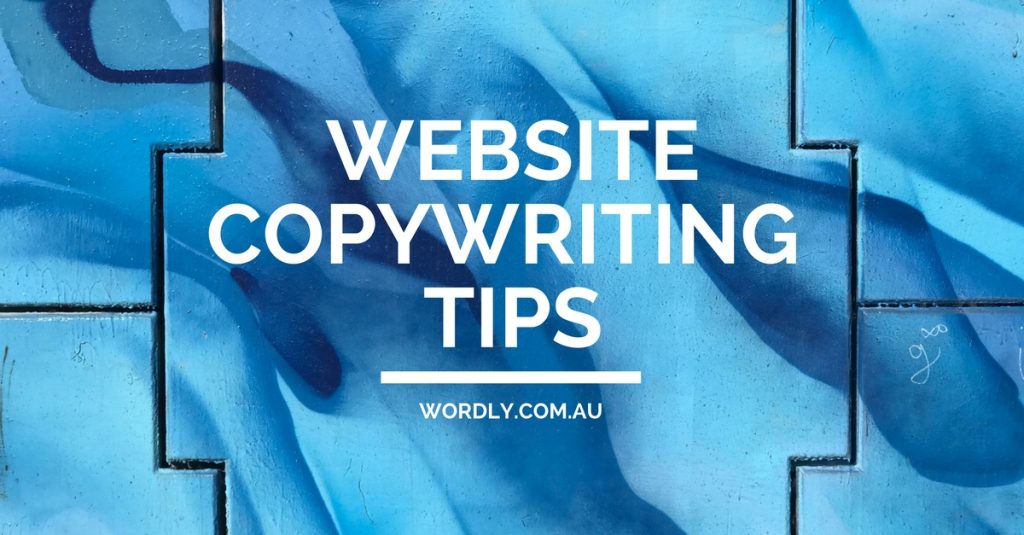Writing copy for the web seems pretty simple at first. You just have to fill in the text boxes your web designer has left for you and make sure you hit all the key points, right?
The truth is writing copy for the web is a skill that takes time to develop. When you are creating copy for the web, you have to stand out amongst an uncountable number of web pages. You also have to connect with the most challenging audience of all – the web browser (the web browser being the person reading your copy, not Google Chrome).
Web browsers are very different from book readers. They have short attention spans, are easily bored, and don’t even really know what they are looking for. If you don’t grab their attention from the first word they’ll be on to the next page and you’ll have failed your web copy assignment.
It’s a tough job, but it’s not impossible, especially if you keep these tips in mind.
Be Like Hemingway
Hemingway is the web copywriter’s God…well, apart from the drinking. A website is not the place to see how many multisyllabic words you can fit into one sentence or how long you can keep a sentence going.
It’s the place for short, sharp sentences. Always in the active voice wherever possible and with no inessential words. Opt for a shorter word over a longer word every time. Use full stops as much as you possibly can. You don’t want your copy to read like a telegram, but the web browser loves a short sentence.
Consider the Context and Play Your Part
If you’re writing web copy for a law firm, you need to choose a very different tone and voice than what you would if you were writing for a streetwear brand. The good web copywriter is a performer. The client gives you a role, and you perform it. You need to completely lose your own voice and become exactly what the client requires you to be.
Start a Conversation
Ok, so a web copywriter is a performer, but it’s always a dialogue. Don’t write at your audience. Use inclusive language. Make every member of your audience feel as though you are talking directly to them. Instead of saying, ‘our product cuts electricity bills in half’ say, ‘you can cut your electricity bill in half with our product.’
Make it Skimmable
This is a crucial aspect of web copy. To write good copy, you need to accept the fact that most of the audience will only take in about half of what you write. No one is going to be glued to the screen hanging off every word. So you need to make your copy easy to skim read. The best way to do this is to use lots of subheadings and bullet points. This way, readers can skip straight to what they’re interested in.
Subheading and bullet points are also great for Search Engine Optimisation (SEO).
Keywords, Not Jargon
Speaking of SEO, before you even think about drafting your copy you need to do your keyword research. It doesn’t matter how Hemingwayesque your copy is; it won’t mean a thing if the Google Bot doesn’t like it. You also need to avoid industry jargon and hyperbole as much as possible. The web browser is very sceptical and can pick nonsense from a mile away. Stick to the facts and sell them without overselling them.
Know Your Enemy and Know Your Audience
This seems pretty obvious, but you need to understand your audience before you can write for them. What demographic are you targeting? What are they interested in?
If you know your audience, you’ll have a far better chance of writing something that they will read. The same goes for your competitors; you should scan Google and read the copy of all of your competitors to ensure that you don’t end up creating a web page that is the same as what they have put up.
Your Work is Never Done
A book is a finite document. Once it has been printed, it cannot be altered. Web copy is dynamic, and you should be excited by the fact that you can change your copy on a daily basis.Reread your copy, experiment with it, and change the headings and the order of content until you’re 100% happy.
You also need to make sure that your copy is updated to reflect product or service changes. Most writers would love to be able to go back and change sections of their book, as a web copywriter you are blessed with this opportunity, so make the most of it.
Remember, You’re a Writer
Your job is to use words to create a connection and influence an outcome. Use emotion and tell a story. Create excitement in your audience or evoke distrust in your competitor’s products or services. The best way to connect with your audience is to tell them a story, so sing the story of the company and the role it will play in bettering your readers’ lives.

